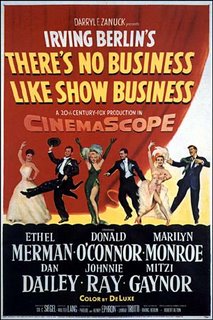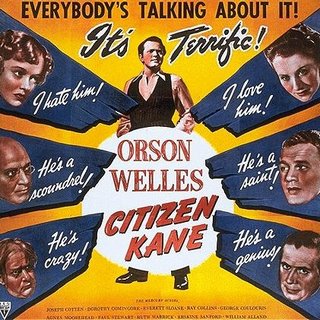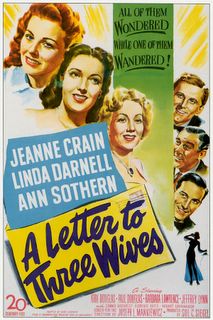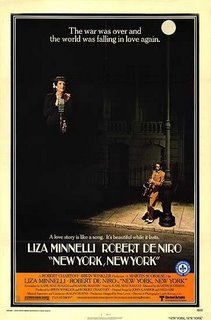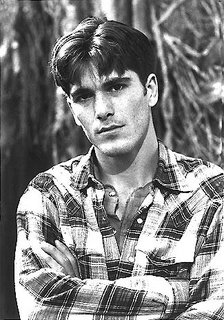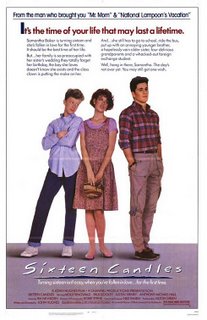
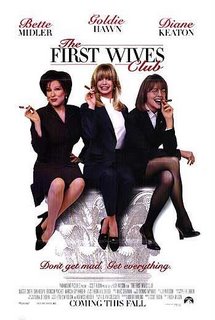
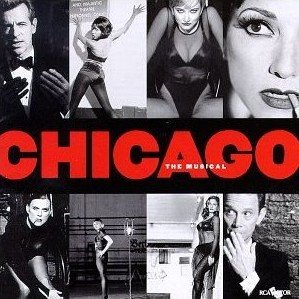
Do you remember that hilarious scene in the 1996 comedy The First Wives Club when Bette Midler, Goldie Hawn and Diane Keaton are rapidly descending outside an upscale Manhattan apartment building on a window washing platform? Do you also remember when it suddenly stopped and a couple making out in bed told Elise Elloitt (Goldie Hawn) "You look great!!!!!"? Well, not only was that actor born in Scranton, PA, but he has also had a prolific and Tony-winning career as a Broadway actor, writer and director--most notably for directing the long-running Broadway revival of Chicago. He is Walter Bobbie.
Walter Bobbie was born in Scranton, Pennsylvania on November 18, 1945.
His TV acting credits include episodes of Hill Street Blues, L.A. Law, NYPD Blue, Law & Order, and the ABC soap operas Loving and One Life To Live, on which he plays the recurring role of William Davis Dawes. His film appearances include Stephen King's Thinner, Shakedown and, of course, his brief-but-memorable appearance in The First Wives Club.
Bobbie's major successes came on Broadway--first as an actor in the original Broadway production of Grease and the revivals of Guys and Dolls and Anything Goes. He conceived and directed the 1993 Broadway musical A Grand Night For Singing. In 1998, he adapted and directed the musical Footloose, based on the 1984 film.
Perhaps Bobbie's most famous achievement is directing the 1996 Broadway revivial of Chicago, for which he won the Tony Award for Best Director. Chicago is currently the longest-running revival of a musical in Broadway history, and it continues to play to sell-out crowds on The Great White Way.
He also directed the 2005 Broadway revivial of Sweet Charity, starring Christina Applegate (which features Scranton in the one the lyrics of the classic songbook).
Bobbie is currently preparing to direct the musical adaptation of the novel/movie High Fidelity, which is set to open on Broadway in November/December 2006.
The First Wives Club is available to borrow on VHS from Albright Memorial Library and other libraries throughout the Lackawanna County Library System.
For more information on Mr. Bobbie's Broadway career, visit The Internet Broadway Database.
